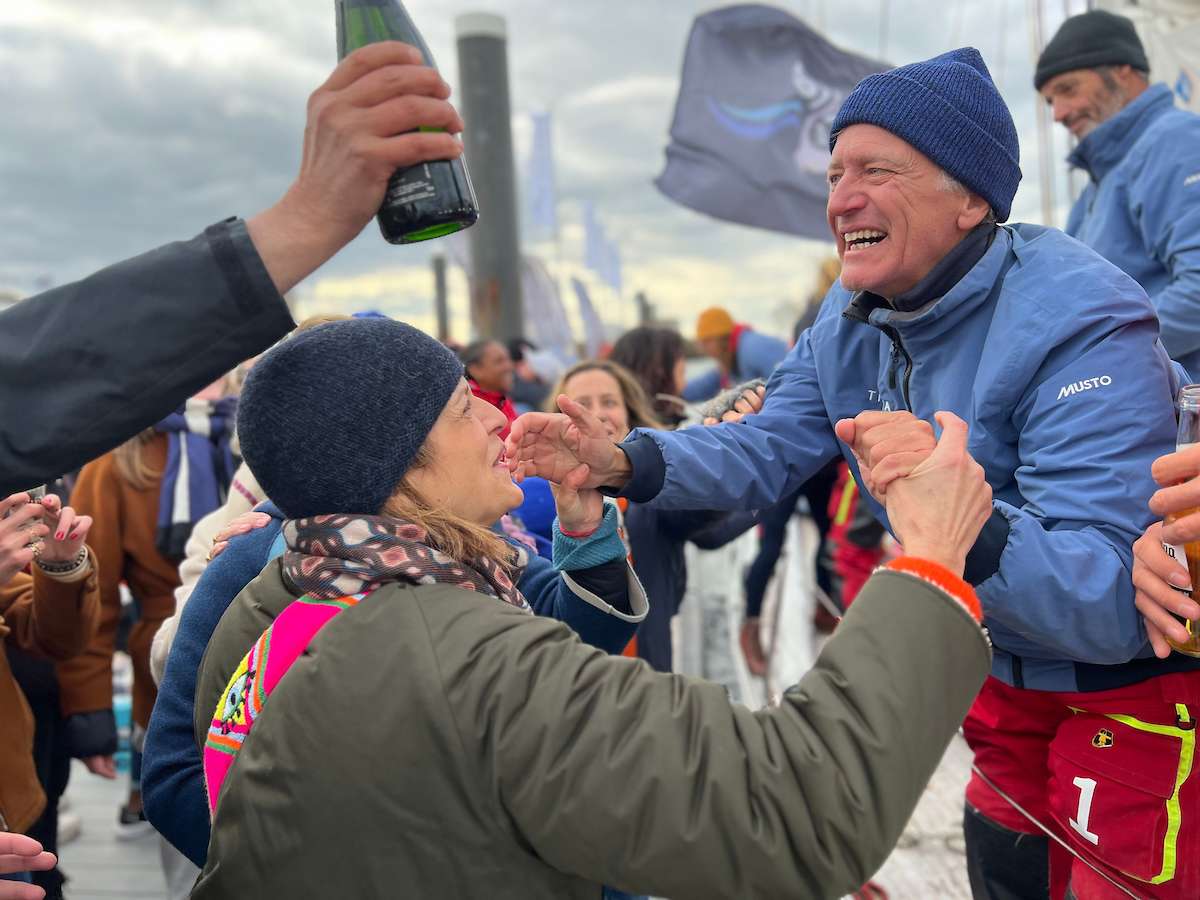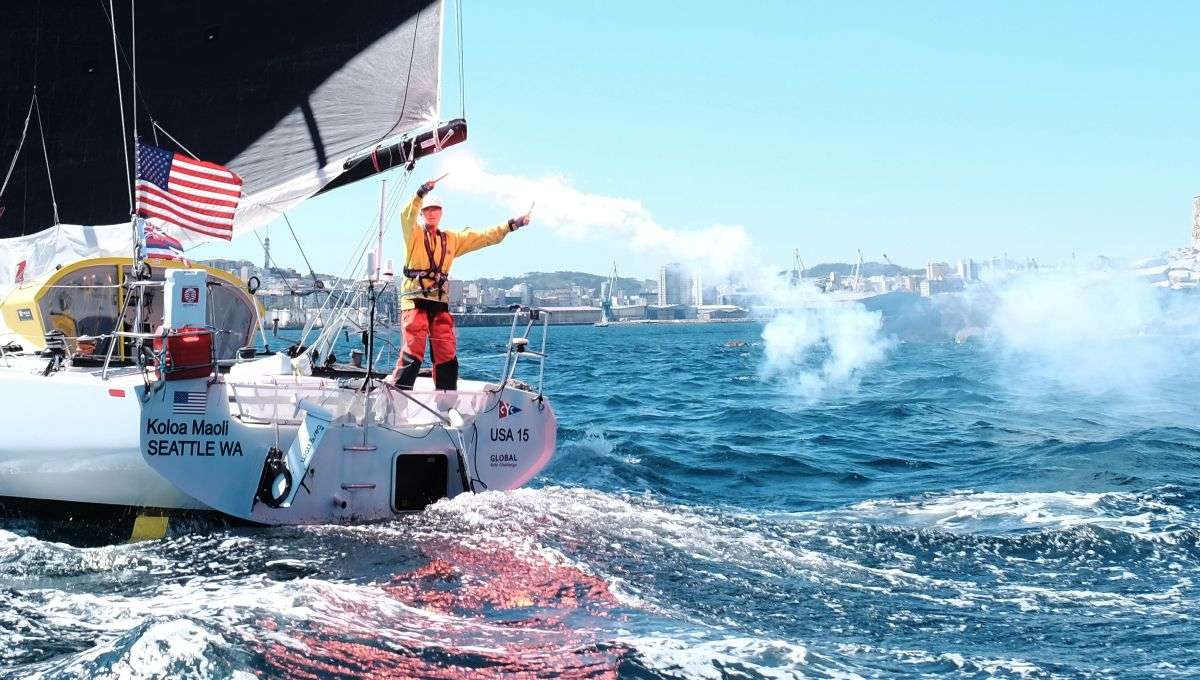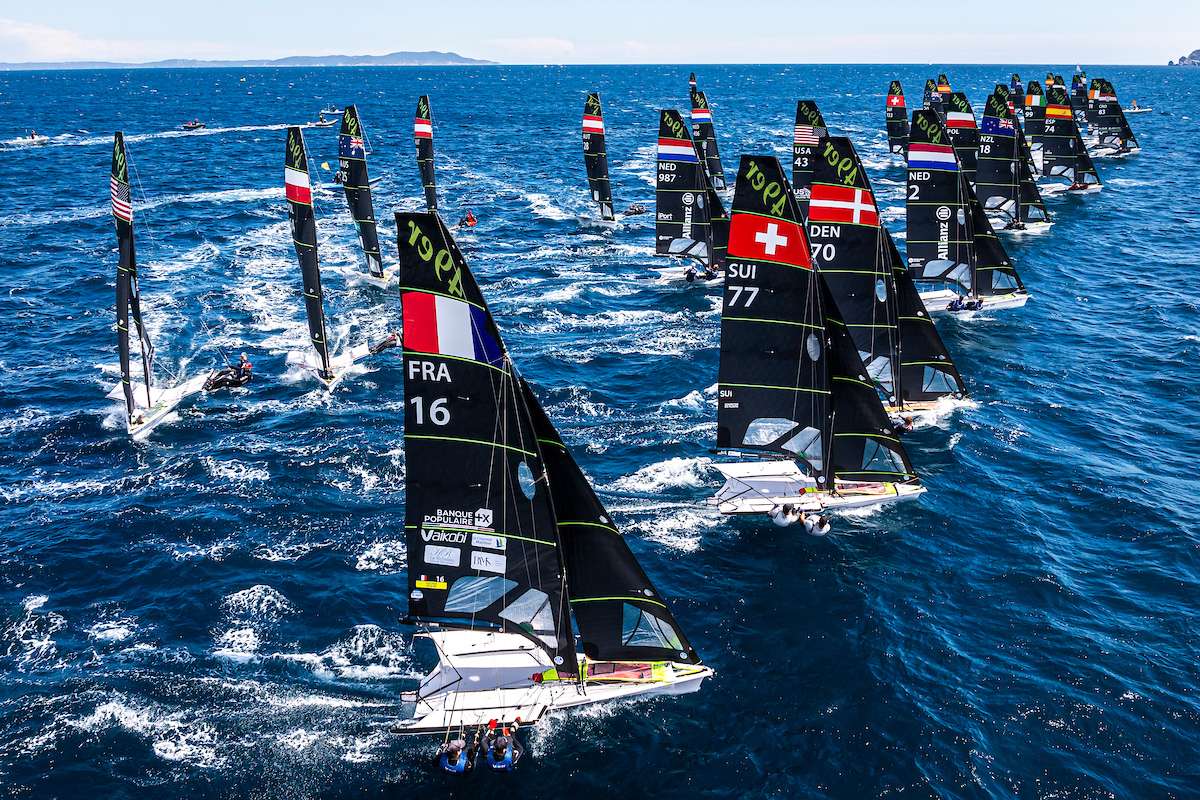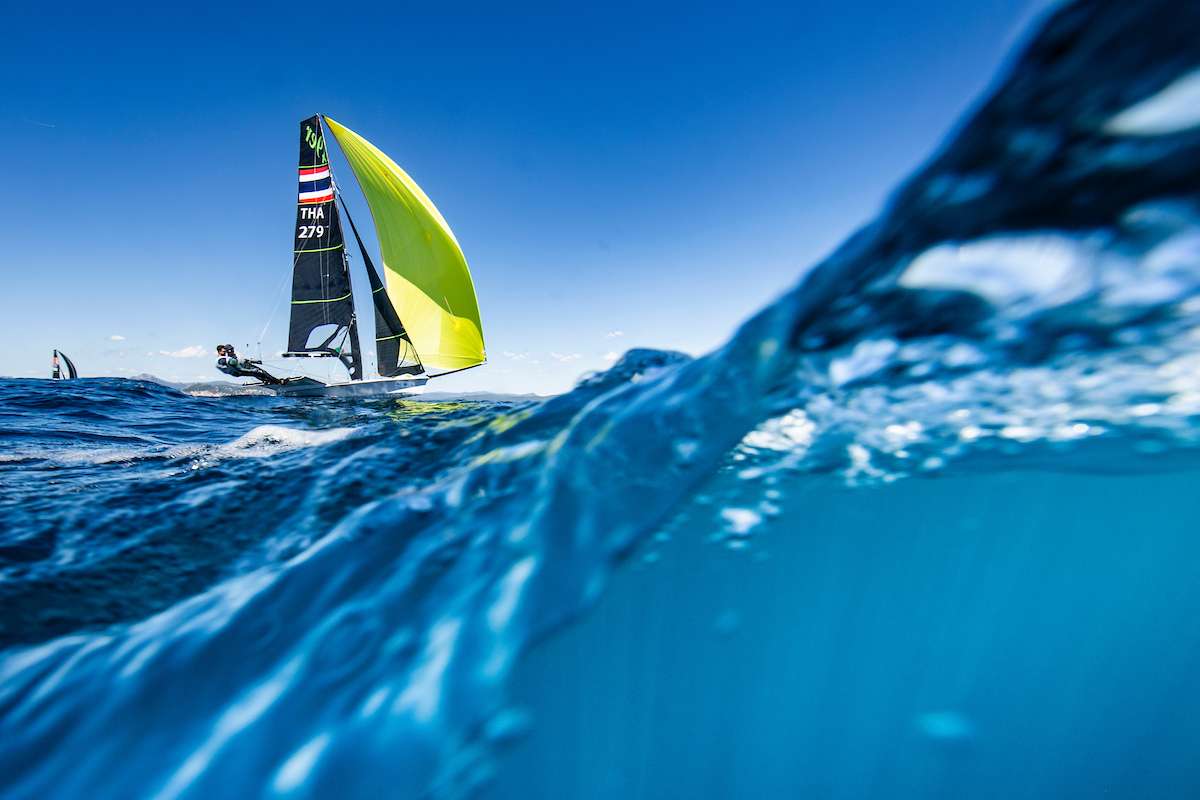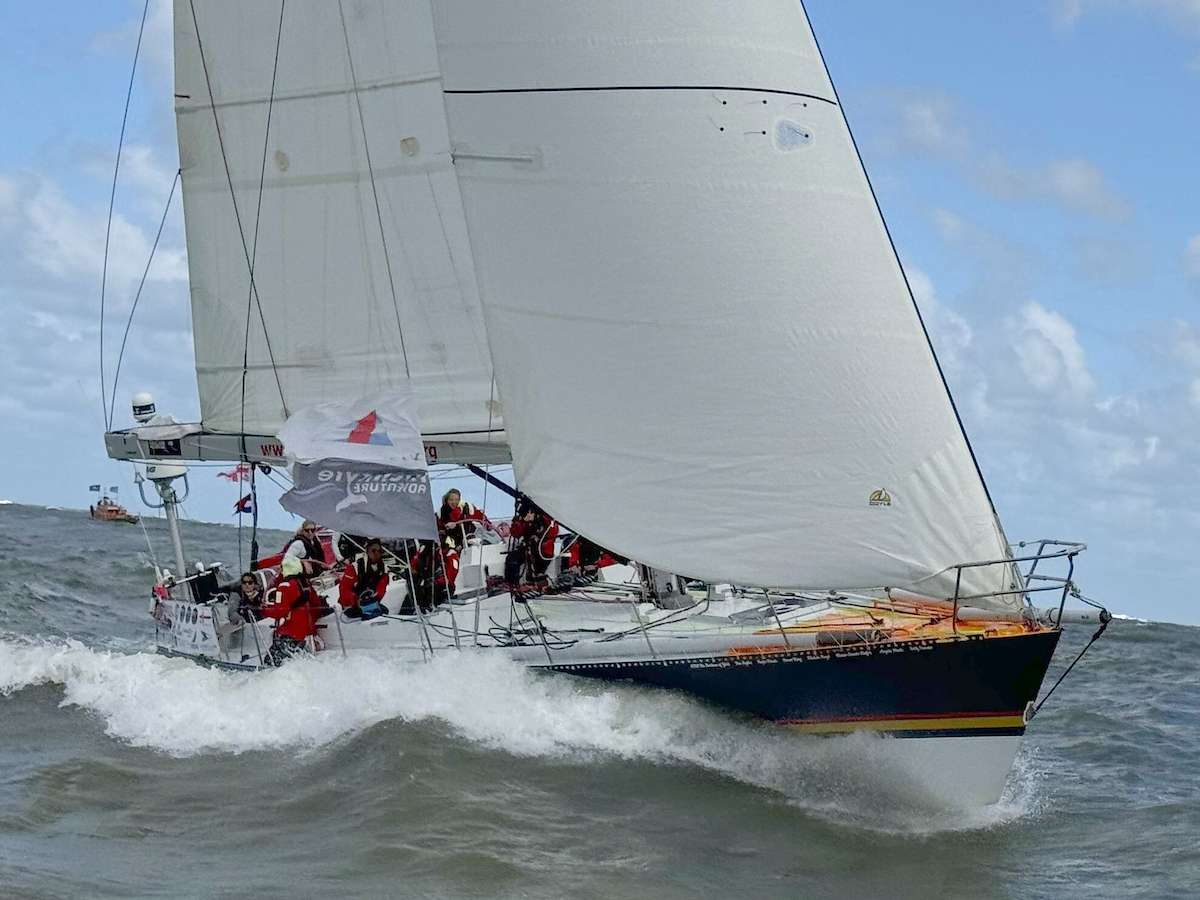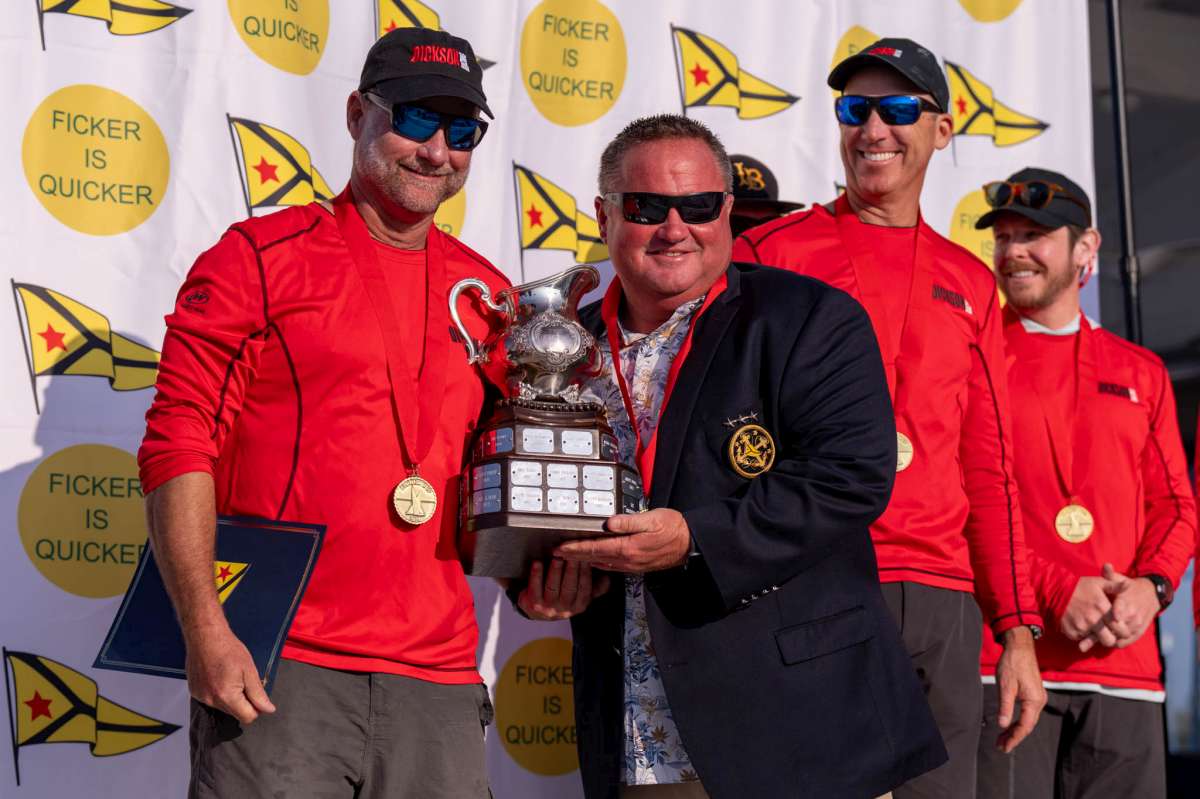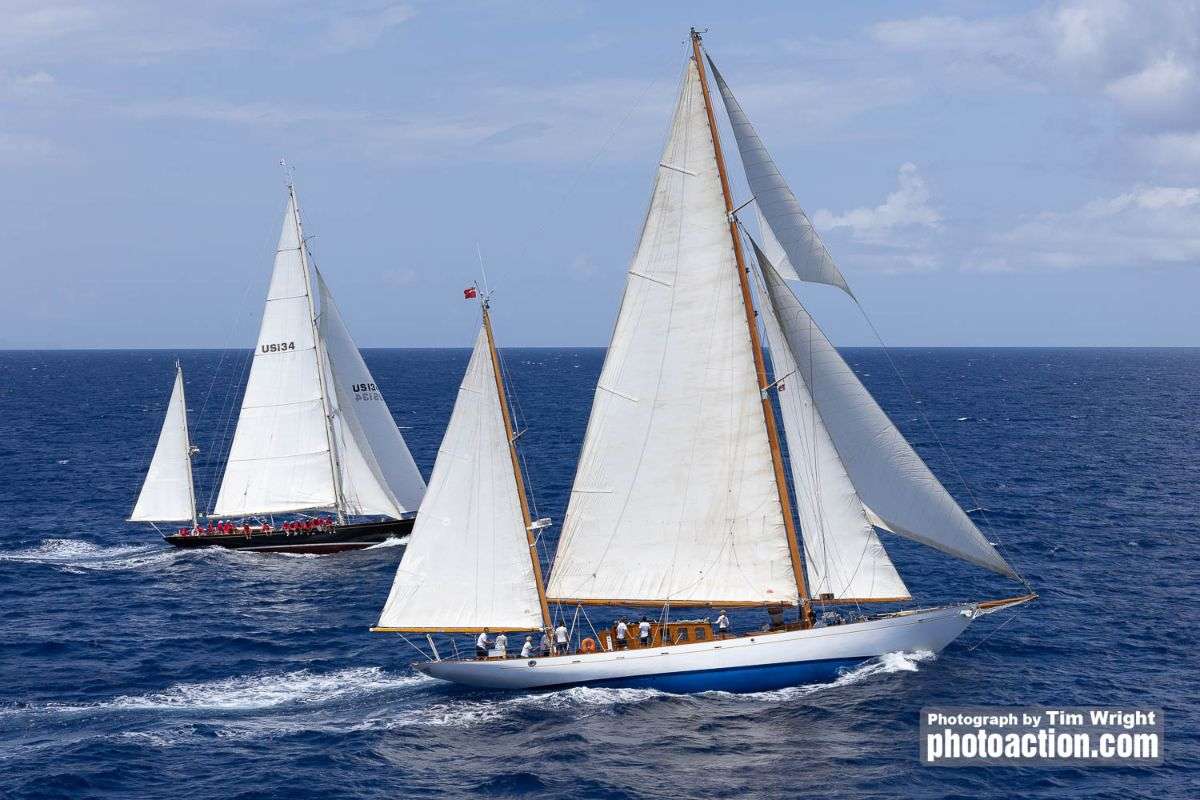Equipment Committee
Equipment for the Paris 2024 was a hot topic in the Equipment Committee.
At the 2018 Mid-Year Meeting in London, Great Britain in May World Sailing's Council confirmed the five new Events for Paris 2024, following the confirmation of the five earlier this year, as:
Men's Windsurfer
Women's Windsurfer
New Event, Mixed One-Person Dinghy
New Event, Mixed Two Person Dinghy
New Event, Mixed Kiteboard
They joined the following Events and their Equipment on the Paris 2024 slate:
Men's One Person Dinghy – Laser*
Women's One Person Dinghy – Laser Radial*
Women's Skiff – 49erFX
Men's Skiff – 49er
Mixed Two Person Multihull – Nacra 17
*subject to separate equipment re-evaluation
World Sailing received submissions ahead of the Annual Conference proposing criteria and format for Paris 2024.
The committee debated the equipment and discussed numerous submissions and recommended the following submissions to Council:
Mixed Kiteboarding – Submission 097-18
Mixed Two-Person Dinghy – Submission 058-18
Men’s Windsurfer – Submission 091-18 (with amendments)
Women’s Windsurfer – Submission 091-18 (with amendments)
Mixed One Person-Dinghy – Submission 082-18
Furthermore, a report on the re-evaluation process for the Men’s and Women’s One Person Dinghy was presented. The following classes were selected to proceed to the equipment-trial phase as part of the re-evaluation process:
D-Zero, presented by Devotti Sailing s.r.o.
Laser Standard and Laser Radial sailboat, presented by ILCA
Melges 14, presented by Melges Boat Works Inc., NELO and Mackay Boats Ltd.
RS Aero, presented by RS Sailing.
Click here for a full update earlier this month.
The Equipment Committee also discussed classes who are aiming to become International Class Association. They recommended that the Diam 24, International Windsurfer Class Association and 12 metre, categories A to D, receive the status with the 12 metre, category E, to receive Classic Class Status.
Development and Regions Committee
The Development and Regions Committee reported on another busy 12-months of activities related to growth of the sport.
Numerous Technical Courses for Coaches clinics, Paralympic Development Program clinics, Emerging Nations Program clinics, a Development Symposium and a Training Scholarship have been held over the last 12-months.
Fourteen Technical Courses for Coaches clinics took place in 2018 and 307 coaches received training. This impacted 15,350 sailors worldwide who are now training and competing regularly.
The Committee discussed remote coaching and the implementation of a portal that helps sailors worldwide. Given a GoPro, sailors from emerging nations will upload footage to a portal and their coach – with access anywhere around the world – will be able to review and offer them weekly feedback.
The importance of sharing information was also discussed and the committee will be looking to implement a connect to sailing portal that will allow new and emerging Member National Authorities to share resources and learn new techniques to implement nationally.
The 2018 Development Symposium was held in Auckland, New Zealand earlier this year and a decision was made to send the 2019 edition to Lake Balaton, Hungary.
Racing Rules Committee
Every four years, the Racing Rules of Sailing are published and the next edition will come into effect on 1 January 2021 and run through to 31 December 2024.
Leading rules experts form the Racing Rules Committee and it is their role to work in collaboration with experienced working parties drawn from the wider sport to recommend changes, amendments and new rules that impact the sport from the top to the bottom.
Dozens of submissions were put forward ahead of the conference covering the depth and breadth of the rules. Furthermore, submissions were received on Equipment Rules and the Case and Call Books.
Following changes in the Regulations in 2017, the Committee is now the primary decision-making body for the Racing Rules of Sailing and its decisions are final during the Conference (subject to a right of referral to Council).
Race Officials Committee
Ahead of the Race Officials Committee meeting, the Sub-committees of the International Judges, International Measurers, International Umpires and Race Management all met.
These four Sub-committees report into the Race Officials and the Chairs of all are represented on the Committee. After their discussions they reported into the Race Officials Committee and observers on their activities.
In 2017, officiating at events with very fast boats such as the GC32 were discussed and the committee has done a great job at continuing the education process to ensure the safety of the sailors, the officials and making sure the right decisions are made in a fast paced environment.
Electronic officiating was discussed and the committee received a report on the use of technology at the Olympic Games and how it can support their decision making.
A conversation was also held between representatives of the athletes and coaches around removing or reducing the possibility of giving sailors redress at an event. Athlete and coach representatives were responsive to the idea of reducing redress and further work will be put into penalty guides and jury general policies to refine the direction.
Finally, the committee discussed the appointments and renewals of race officials and these will be published before the end of the Annual Conference.







